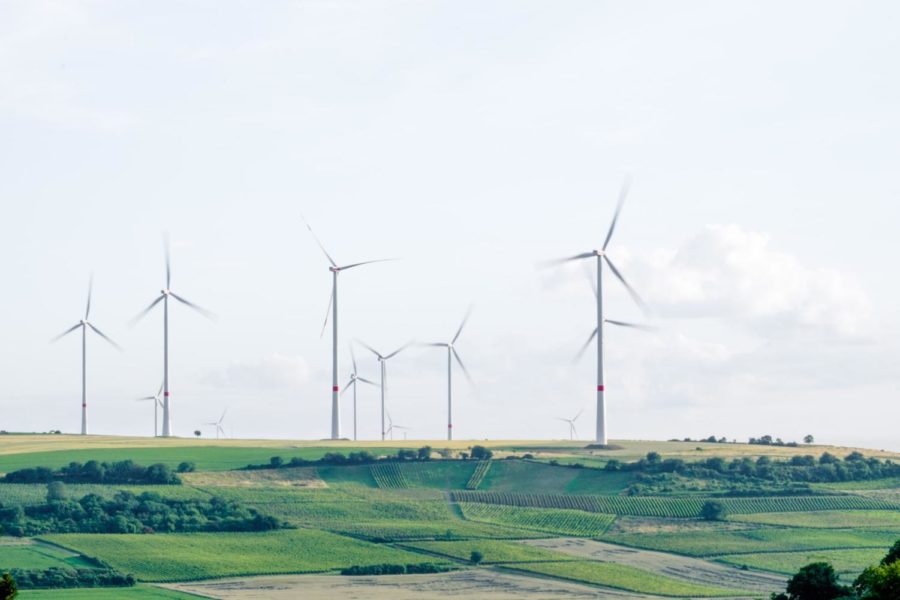Oztok: A somewhat controversial take on climate change
October 19, 2022
For those who decided to click on the article to see another climate change denier, you have come to the wrong place. Yes, climate change is real, and we must do something about it for the continuation of our species.
To tackle this problem, one must first determine what value perspective they choose to see the world, then propose practical and realistic solutions that all world governments could achieve.
This is a serious problem and needs practical policy action. Most environmental ethics books start with animal rights because authors would want to take the first step to argue for a non-anthropocentric system of values.
Non-anthropocentrism essentially states the non-human world has value independent of its benefit to humanity. If people can be persuaded that humans are not the central element of existence, then we could be persuaded to intrinsically value nature rather than viewing it as a means to our ends.
I am not convinced by non-anthropocentrism arguments for various reasons that could be a separate opinion piece itself. We should care about nature, not because of the separate value system that it might possess but because we would be violating the future fundamental rights of the people if we destroy it.
Now that I demonstrated why climate change is a problem that needs to be solved, I will talk about current policy solutions and how they are all likely to deliver insignificant results, except one.
The problem with the modern environmental movement is that activists identify the correct problem and expect that their solutions do not severely damage economic growth. However, making decisions requires trading off one goal for another. Regulating production and banning activities that pollute suggest that we must trade off economic growth with other goals we have in mind.
The “no growth” approach is problematic because about four billion people in developing countries, like China and India, will not accept the notion that they should stay in poverty. The poor countries will grow whether we like it or not, and they will have to get rich before deciding to take significant climate actions.
One could suggest the following: While we allow the developing countries to get richer, we embrace domestic policy alternatives such as carbon tax and restricting pollution here in the West, hence leading by example.
The problem with this policy is countries, such as Russia and China, will likely not do the same thing, and we must understand how competitive the international markets are. Carbon tax increases the cost of production, thus making domestically-produced goods less competitive in the international market.
Energy weaponization risk is another problem with taking domestic actions and expecting positive international results. When countries heavily outsource energy production to lessen pollution or increase carbon taxes to disincentivize local companies, they allow authoritarian leaders like Putin to have huge leverage in international disputes.
The Russian president tends to wait for when oil prices are high, and the western countries are economically vulnerable before he makes his moves. It is very concerning given that Germany will experience a rough winter, and the poor will likely suffer from the failure of past climate action.
Climate change is a collective action problem, and we must be realistic about which countries will contribute to its solution. Relying on only domestic climate action would be like shooting ourselves in the foot, bringing us to my final point.
The only sensible way out of this complex trade-off problem is by lowering the price of clean technologies through technological innovation. We must build green technologies that are biodegradable, renewable and cost-competitive. We must develop policies encouraging markets and entrepreneurs to develop green products and services that are significantly better than today’s alternatives.
Climate change is an issue that affects the future well-being of humans, which means that it needs our dire attention. Ultimately, there is a cost to our existence. Trade-offs cannot be ignored when acting on climate change, and if we stick to our current solutions, we will spend trillions of dollars, achieve little and the poor will suffer the most.
Humans, alongside all species, have battled with nature for survival. Existential threats have been present for a long time, but I have faith in human intelligence and our ability to innovate our way out of existential threats such as climate change.

















